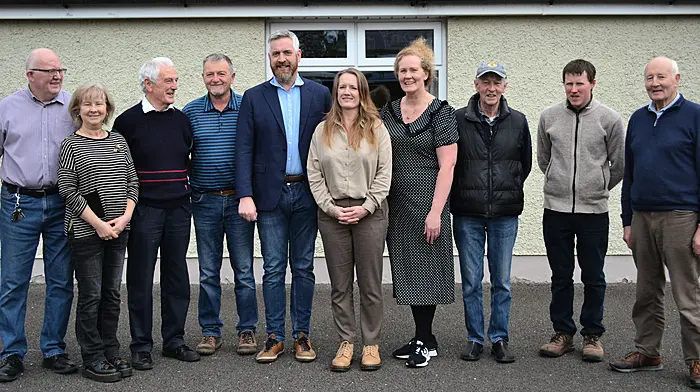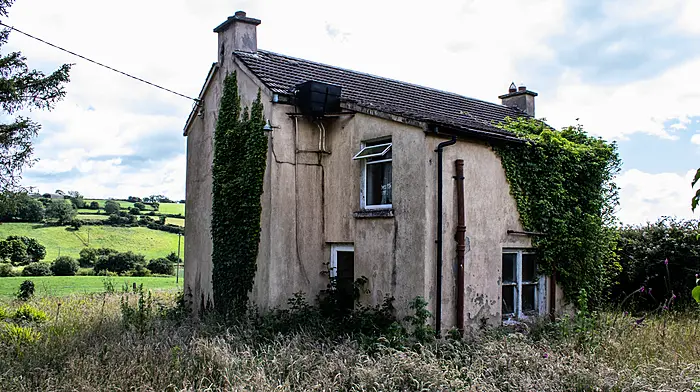THE gorse fires which have devastated swathes of our hillsides this week garner a mixed reaction in rural Ireland.
On the one hand you have landowners who see it as a legitimate way to clear land of the unwanted shrubs – and of course it is not illegal to do this until after March 1st.
On the other side you have local homeowners, biodiversity experts and wildlife lovers who are horrified by the deliberate destruction of plant and animal life.
There were so many elements of West Cork society affected by the widespread burning this week that most people had an opinion on what has now become an annual event.
Whatever about the fires that are sparked in hot weather by dry, combustible undergrowth or careless day-trippers with barbeques or discarded cigarettes, these end-of-February fires are in a league of their own.
There seems to be an increasing frenzy in the last few days of the month to get the lands cleared before the March 1st deadline. But this rush to the finish reminds one of the local garda’s comment recently that speed limits are just that – limits, not ‘targets’.
To see March 1st as the date to beat throws caution – literally – to the wind when it comes to the creatures already settling into the hedgerows and trees and cosy undergrowth, as spring takes hold.
Our wildlife does not have a calendar, and does not know that these territories pose incredible danger right up to the start of March, and that the last week of the preceding month is the most treacherous.
The first-hand stories shared on social media in the past few days have been horrifying. One man told of the screams of wildlife which he could hear from his garden on the Mizen peninsula. Another reader told of how three deer ran in front of her car, close to the fires near Gougane Barra, terrified as they attempted to escape the flames.
We will probably never know the true devastation caused by such wanton destruction, and all to make the land more profitable. There have been calls in the past for the practice to be made illegal all year ‘round. And, certainly, looking at the horrific photos of fires raging just metres from homes and entire villages, it would be hard to argue against those calls.
Not forgetting the huge cost of sending tens of fire service crews to these sites, and the fact that many areas were left bereft of crew should a domestic fire or serious traffic accident require them. Then there is also the cost of overtime for such crews and the always-present danger that where men and women are fighting fires, there is always a threat to their lives, too.
With such a focus on climate change, biodiversity and getting the nation to consider how it burns fuel, creates carbon, supplies power stations and the worthy move to smokeless coals, the ‘blind eye’ thrown over these gorse fires seems like insanity itself.
The hypocrisy of allowing this to legally take place, while imposing huge restrictions on other elements of the agricultural industry to meet carbon targets is not lost on anyone who witnessed the horrific scenes in so many areas of our beautiful region this week.
The Department of Heritage says it is ‘taking wildlife crime extremely seriously’, citing 32 prosecutions in 2022, and two, so far, in 2023 with a further 60 cases on hand. But the Minister’s comment on Wednesday morning that it will take considerable time to make changes to the Wildlife Act if such burning was to come under a widespread ban, does not instill confidence in those watching the landscape around them being oliterated every spring.
Surely it is high time the damage – and potential threat to all life forms – caused by these gorse fires needs to be called out by the State, and the government which is, apparently, part of a coalition which includes the Green Party. Sometimes hard conversations need to be had by the few, in order to protect the many.







